No matter how open minded we think we are, we all judge people. Now, before you get your hackles raised and say, “No, I don’t!” just think about it for a minute. We judge and label people privately, even if we don’t say it out loud. We label people as slow, genius, handicapped, smart – labels aren’t all bad, although it does put people into a pigeonhole that can sometimes be psychologically damaging.
Using A Label In School
Most schools have separate programs for those children who require a little bit of extra attention, and it’s called special education. On the other hand, schools also have a program for those they’ve labeled gifted and talented versus other children. While these special classes cater to the needs of the children they serve, they can also present a barrier.
Labeling a child often serves as a psychological tool that is directly linked to self-esteem, especially if the connotation of the label is one that is less than desirable. For instance, children that require special education are often referred to as “slow” or called Special Ed, and the meaning is one that signifies to others that those in these classes are sub-par people and students, and should be treated as being of lower intelligence. Educators will tell you that all children are treated equally, but that rarely seems to be the case, especially when it comes to the peers of these children.
On the other hand, attaching a label such as gifted or talented to a child who is still developing can create an inflated sense of self and an ego bigger than they can handle. Saying a child is unusually gifted and should be separated from their peers because of superior intelligence can change the way these children are looked at, as well as how they act towards other students and adults.
Another aspect to consider is how the children who aren’t grouped into a label feel compared to their peers. If a child is bright but not considered “gifted” by the school system, it can foster feelings of inadequacy and low self-esteem. There are exceptions to each case, however; some schools choose to forgo special classes while everyone receives the same education, and others simply don’t use labels to define different sets of children (self-contained classrooms and inclusion classrooms) But the fact remains that there will always be labels and segregation in terms of intelligence as long as we continue on the same path in this world.
You might have been labeled or judged as a child whether or not you were aware of it. Those labels may have carried on into adulthood, where a new set of labels wait to define you. Your child might be one of those picked on and labeled for a number of reasons, unfair as that may be. While labels serve to easily distinguish people, they can be just as damaging.
Special Education Labels Have Brought Help To Millions
The world of special education has a very short, but checkered history. In 1975, the Education for All Handicapped Children Act (EAHCA) law was passed that recognized the need for special education for those who were diagnosed with learning disabilities. Since that time, many new laws along with countless revisions have led to millions of children finally receiving the educational assistance they deserve.
Ultimately, there are many pros and cons to the use of labeling in special education. Children with special needs are finally able to receive the proper assistance and resources to reach their excellence. However, as parents we have to ensure our children understand that the label they receive is strictly for the purpose of ensuring their educational success. Labels don’t have to define children; they simply prove all children learn differently.

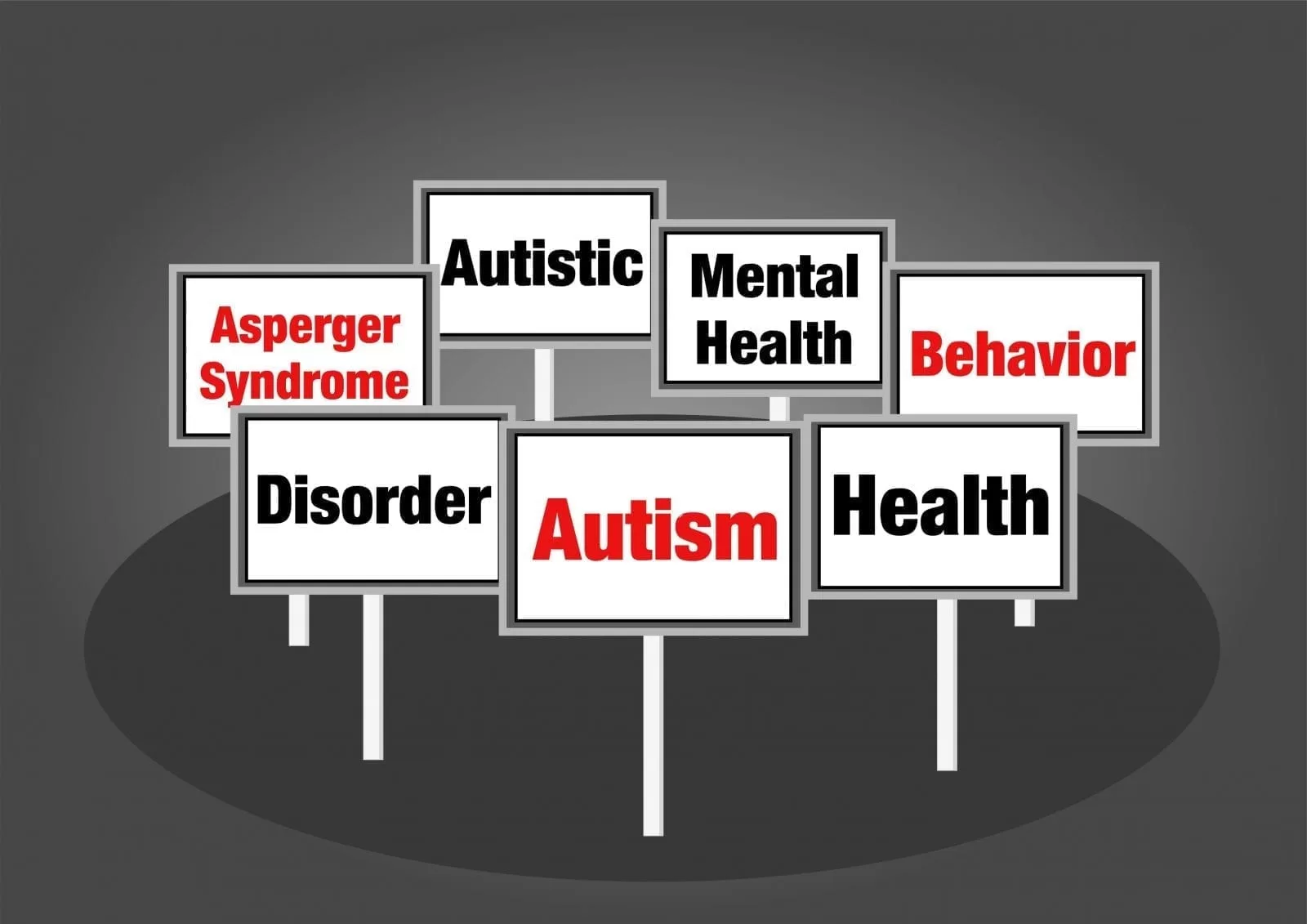

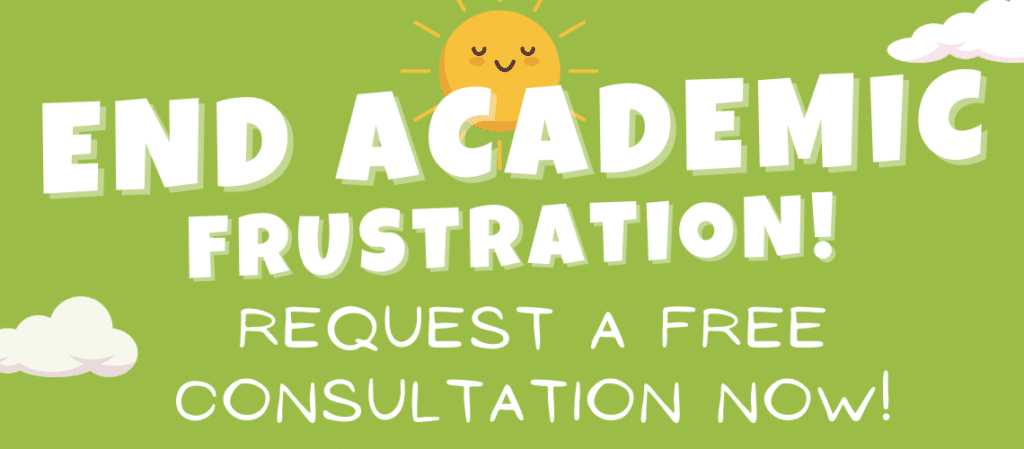


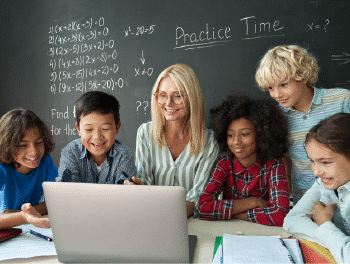

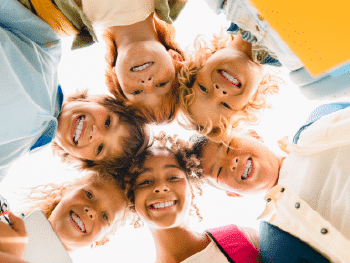

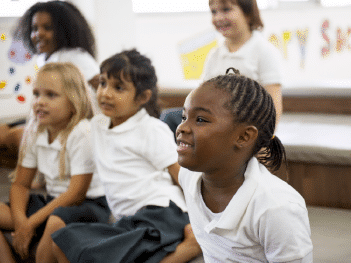


One comment
I don’t think labeling is a bad implementation, unless it is designated to be a negative rather than a positive.